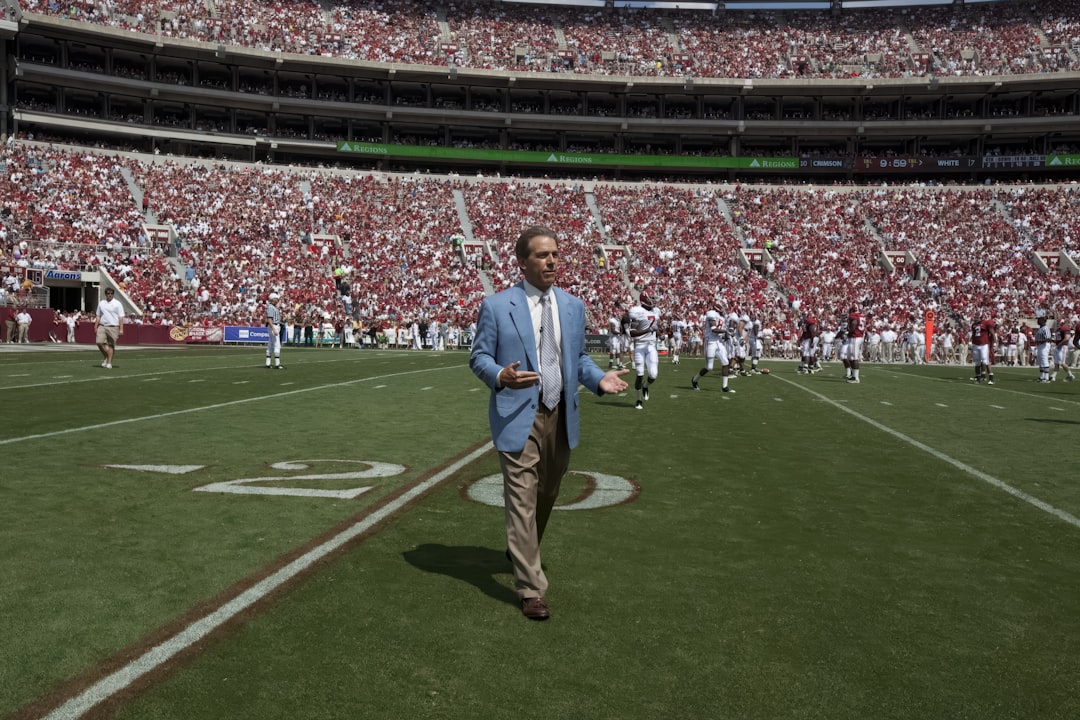The NFL free agency period is a critical time in the football calendar when teams have the opportunity to sign players whose contracts have expired. This annual window allows franchises to improve their rosters, often reshaping the entire league landscape as top-tier athletes change teams. It usually follows the NFL Draft and occurs during the offseason, typically starting in March.
During free agency, players who are no longer under contract with their previous teams can negotiate with and sign contracts with other franchises. This period generates intense speculation, media coverage, and strategic decision-making among team executives, players, and fans alike.
Types of Free Agents in the NFL
There are different classifications of free agents in the NFL, which are important to understand:
- Unrestricted Free Agents (UFAs): Players with four or more accrued seasons in the NFL whose contracts have expired. These players are free to sign with any team without restrictions.
- Restricted Free Agents (RFAs): Players with three accrued seasons. Their current teams can offer a “qualifying offer,” giving them the right to match any competing offers or receive draft compensation if the player signs elsewhere.
- Exclusive Rights Free Agents (ERFAs): Players with fewer than three accrued seasons and expiring contracts. These players can only negotiate with their current team if the team offers them a minimum salary contract.
How the Free Agency Period Works
The free agency period officially begins on a designated day each March, set by the NFL. However, the first two days are known as the “legal tampering” period, during which teams can contact and negotiate with agents of impending free agents — but no contracts may be signed just yet.
At 4:00 p.m. ET on the day free agency begins, teams are allowed to officially sign players. It becomes a frenzy of announcements, signings, re-signings, and trade movements. Front offices must maneuver under the constraints of the salary cap, which limits how much each team can spend in a given year.

Why Is Free Agency Important?
Free agency serves several crucial purposes:
- Team Rebuilding: Struggling teams use free agency to add experienced players, sometimes at premium prices, with the hope of quick improvement.
- Salary Cap Management: Teams must carefully balance spending, often releasing or trading high-salary veterans to make room for needs.
- Strategic Advantage: Savvy general managers use free agency to fill gaps that weren’t addressed in the draft or to provide depth.

The Impact on Players
For players, the free agency period represents an opportunity to negotiate contracts that offer financial security and potentially new team roles. Star players might chase Super Bowl dreams with strong contenders, while others may simply be seeking a larger payday or more playing time.
Big names like Tom Brady, Peyton Manning, and Reggie White once made headlines through free agency moves that shifted the balance of power in the league. Alongside offseason trades and the NFL Draft, free agency is a major moment for defining a team’s identity ahead of the new season.
FAQ
- Q: When does NFL free agency start?
A: NFL free agency typically begins in mid-March, with precise dates set by the league each year. It starts with a two-day “legal tampering” period followed by the official signing start time at 4:00 p.m. ET. - Q: What is a restricted free agent?
A: A restricted free agent (RFA) is a player with three years of service whose contract has expired. Their original team can offer a qualifying tender and match any outside offer. - Q: How does the salary cap affect free agency?
A: The salary cap limits the total amount teams can spend on players. Teams need to manage contracts and cap space wisely during free agency, often releasing players to stay under the cap. - Q: Can a player sign during the legal tampering period?
A: No, during the legal tampering period, teams may negotiate with agents and agree to contract terms in principle, but they cannot officially sign deals until the period ends. - Q: Why is NFL free agency so important?
A: Free agency allows teams to build and restructure their rosters, making it one of the most impactful periods of the offseason and often drastically changing the competitive outlook of a franchise.
